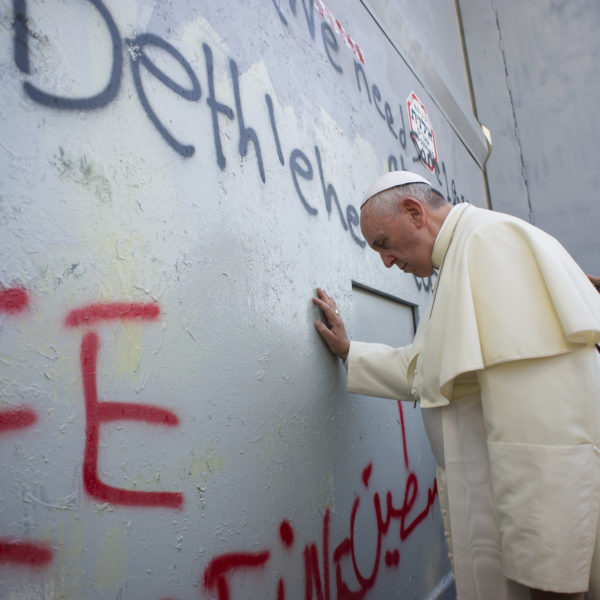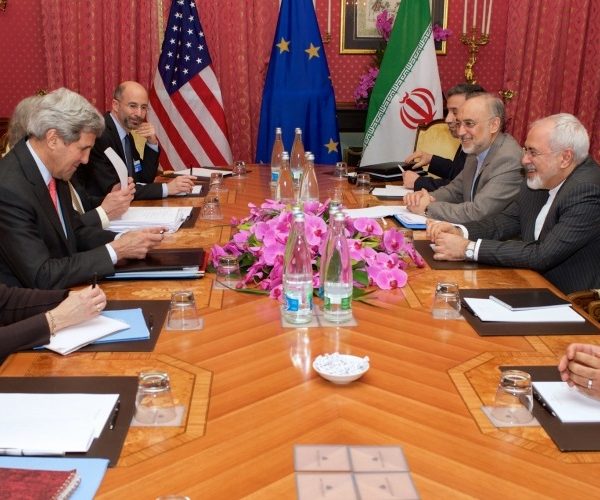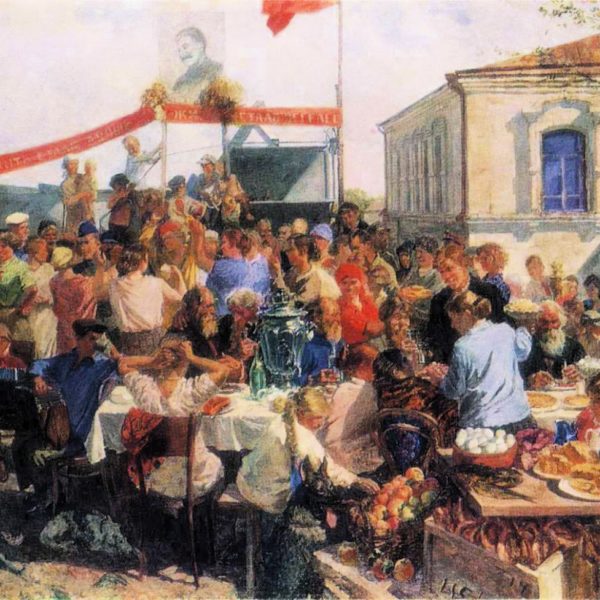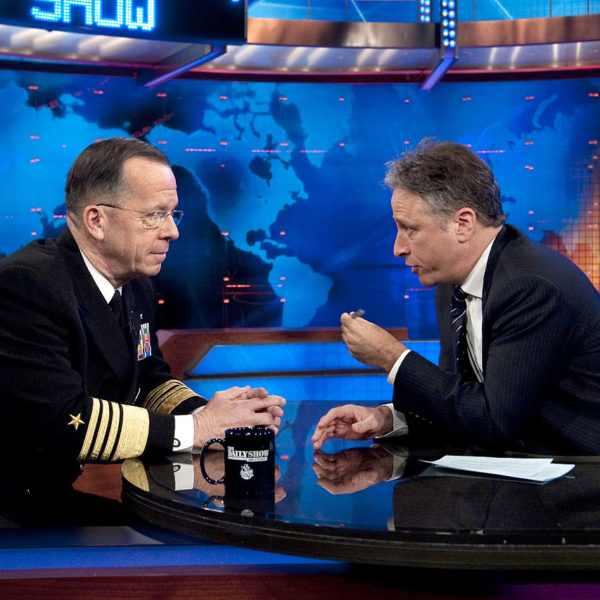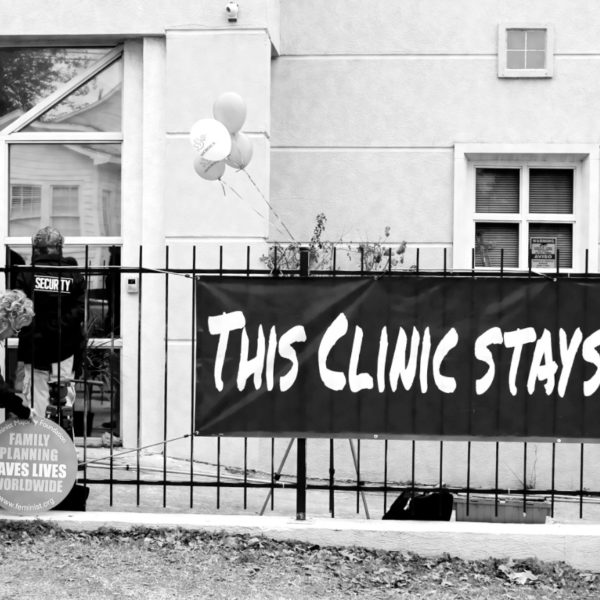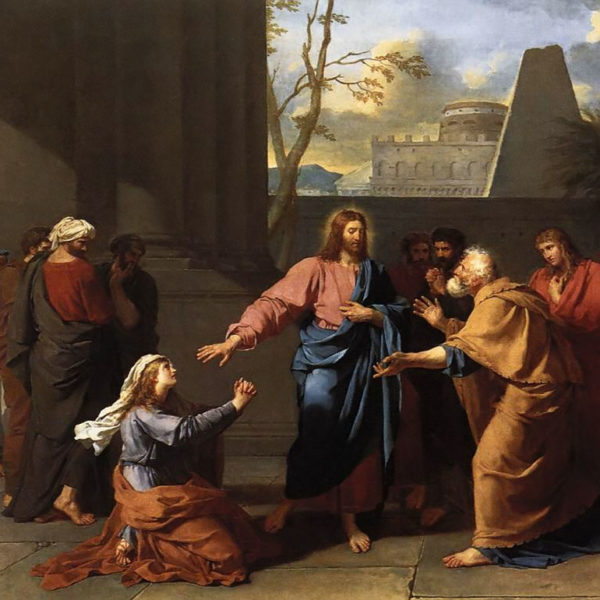
In turning Jesus’ seemingly dismissive image of dogs and children at the meal table to her advantage, the Syrophoenician woman illustrates the tenacity of parents fighting for their children. As we act in God’s name within the world we should show the same determination on behalf of all of his children.
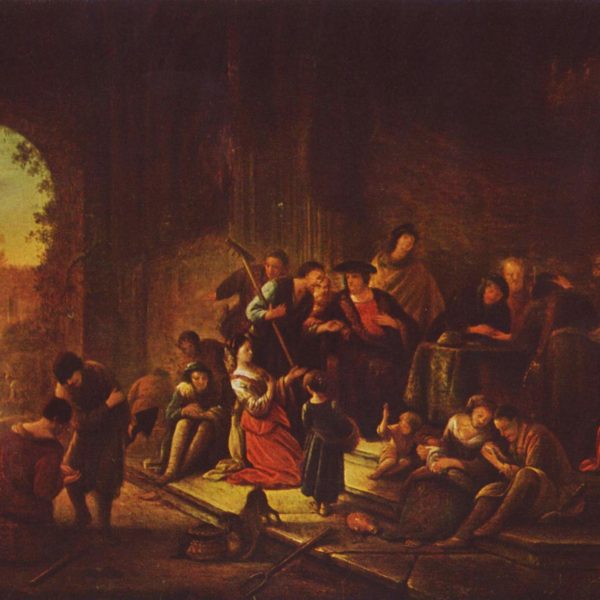
Moses taught Israel that its primary calling as a people before the nations was not conflict but witness through its showcasing of the goodness, wisdom, and righteousness of the divinely given law. Likewise, the chief political task of Christians is found in the cultivation of a quiet extraordinariness in the most ordinary affairs of life.

Although the Apostle Paul’s discussion of our struggle against rulers, authorities, cosmic powers, and spiritual forces of evil in heavenly places may strike many readers as a relic of a primitive cosmological outlook, it is fiercely relevant in our own day, where white supremacy functions as just such a power. Ta-Nehisi Coates has spoken of the illusions and lies undergirding the American Dream and, with the Apostle, calls us to awake to and struggle against the forces and ideologies that bind and enthral us.

The psalmist calls us to the fear of the Lord, offering us the secret to its pursuit. Straightforward though it may be, the psalm’s challenge to avoid evil-speaking, deceit, and to depart from wickedness and pursue peace would have seismic effects for our political landscape were we to commit ourselves to it.

